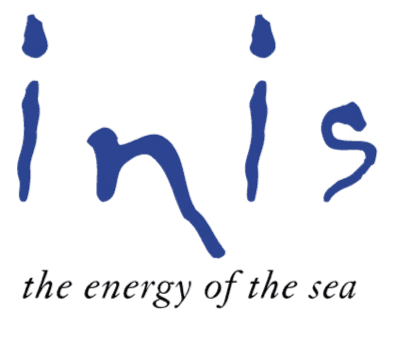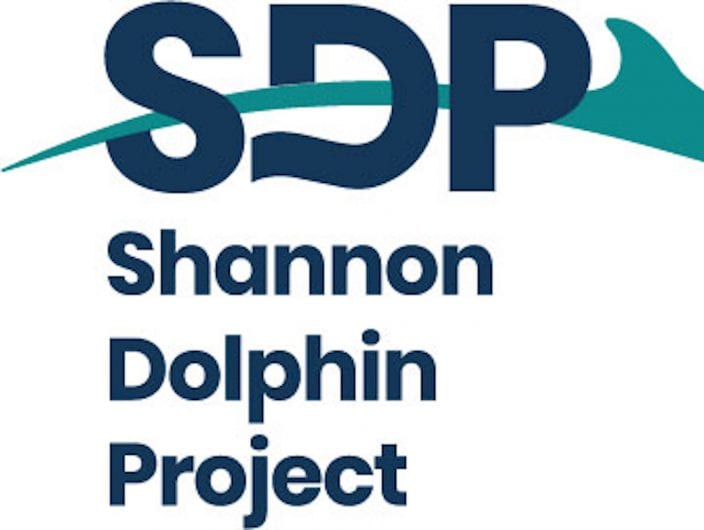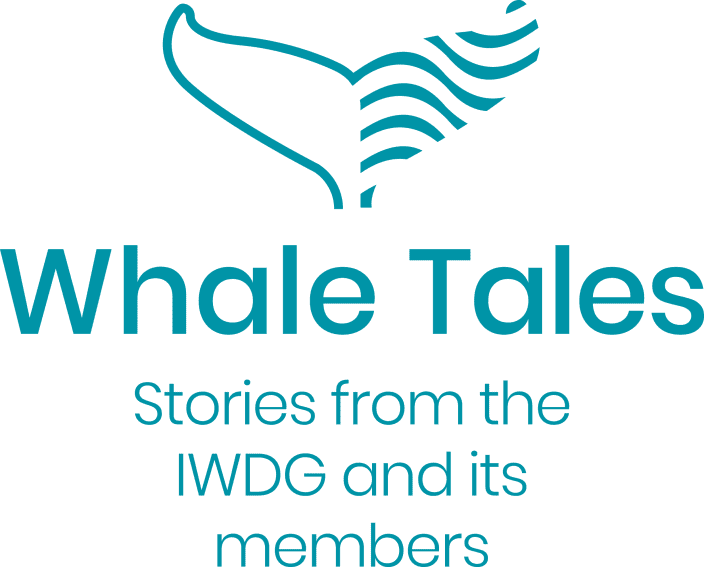Lonneke IJsseldijk
 I am a biologist, working as a researcher in the division of Pathology of the faculty of Veterinary Medicine in the Netherlands where I manage the marine mammal stranding research project. Commissioned by the government, we conduct post-mortem investigations on stranded cetaceans, aiming at establishing their causes of death, and specifically to understand how human activities affect these populations. Although our primary species in the abundant harbour porpoise, we also investigate other stranding events, such as the beaked whales that washed up on our shores this summer. Through post-mortem examinations, we not only gain knowledge on individual health and disease, but since cetaceans can be considered as indicator species, we also learn about their populations, environment and the effects of human intervention on these.
I am a biologist, working as a researcher in the division of Pathology of the faculty of Veterinary Medicine in the Netherlands where I manage the marine mammal stranding research project. Commissioned by the government, we conduct post-mortem investigations on stranded cetaceans, aiming at establishing their causes of death, and specifically to understand how human activities affect these populations. Although our primary species in the abundant harbour porpoise, we also investigate other stranding events, such as the beaked whales that washed up on our shores this summer. Through post-mortem examinations, we not only gain knowledge on individual health and disease, but since cetaceans can be considered as indicator species, we also learn about their populations, environment and the effects of human intervention on these.
Joy Reidenberg

Joy S. Reidenberg, Ph.D. is a Professor at Icahn School of Medicine at Mount Sinai, NY where she teaches medical and graduate students. She is a graduate of Cornell University (B.A. 1983), and Mount Sinai’s Graduate Program in Biomedical Sciences (M.Phil. 1986; Ph.D. 1988). Her research
focuses on comparative anatomy of animals adapted to environmental extremes, including the ability to produce sound underwater or mitigate pressure effects while diving. Studying such natural experiments helps uncover basic bio-mechanical relationships that affect all animals, including
humans. She hopes to mimic these adaptations to develop protective/preventive technologies or new medical treatments for injuries and diseases. Reidenberg has been featured in many international science and educational television documentaries (e.g., NatGeoWild, PBS, BBC, Discovery, Science Channel), many interviews (e.g., Nature, New York Times-Science Times, the Oprah Magazine), and TED talks. She is best known for her role in Inside Nature’s Giants, including an episode on the
dissection of a Fin Whale filmed in West Cork, Ireland.
Lindsey Jones – Allied Whale
Lindsey is Director of Photo-Identification Research at Allied Whale at the College of the Atlantic, in Bar Harbor, Maine, USA. She completed a master’s thesis at the College of the Atlantic in 2018, entitled “The ocean-basin-wide movement patterns of North Atlantic humpback whales, Megaptera novaeangliae”. She also has a B.Sc. in Environmental Biology and Wildlife Biology from McGill University. At Allied Whale, she primarily works on the North Atlantic Humpback Whale Catalogue and has been involved in all aspects of the non-profit organization’s work, serving as the interim Marine Mammal Stranding Coordinator and Manager of the offshore research station Mount Desert Rock. Prior to starting at Allied Whale, Lindsey worked in sea turtle conservation and research for the U.S. National Park Service and gained experience on photo-identification of bottlenose dolphins and humpback whales at the New England Aquarium and Mote Marine Laboratory’s Sarasota Dolphin Research Program.
Mike Tetley

For the past 10 years Mike Tetley has worked in the field of marine mammal conservation and the protection of their habitats. As coordinator of the IUCN’s Marine Mammals Protected Areas Task Force, comprising experts from the Species Survival and Protected Areas Commissions, Mike has been immersed in the global effort to identify and protect important marine mammal areas or ‘IMMAs’. Through the use of bespoke criteria and guidance the Task Force’s global outreach programme are identifying such IMMAs with knowledge holders as the basis of future priority conversion efforts and the implementation of protective measures for these often-vulnerable species. In his presentation Mike will talk further about the role scientists, managers and stakeholders have in the implementation of effective conservation strategies such as marine protected areas, threat mapping and mitigation, and spatial planning of human activities across the world’s seas, oceans and major rivers.






